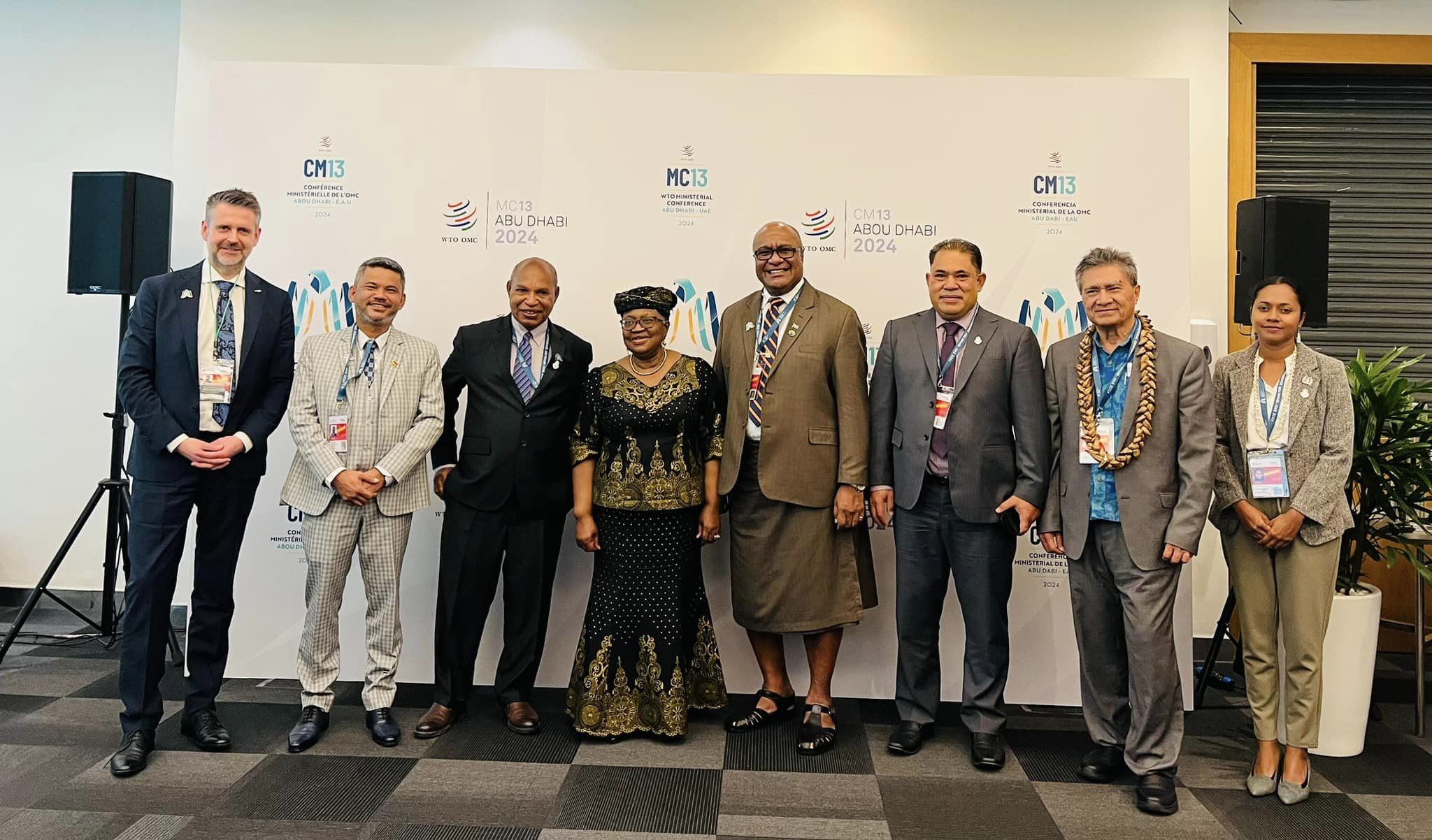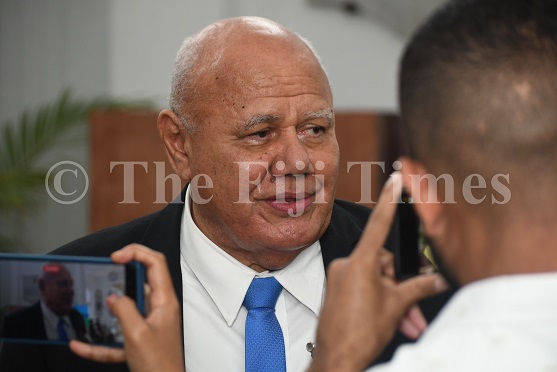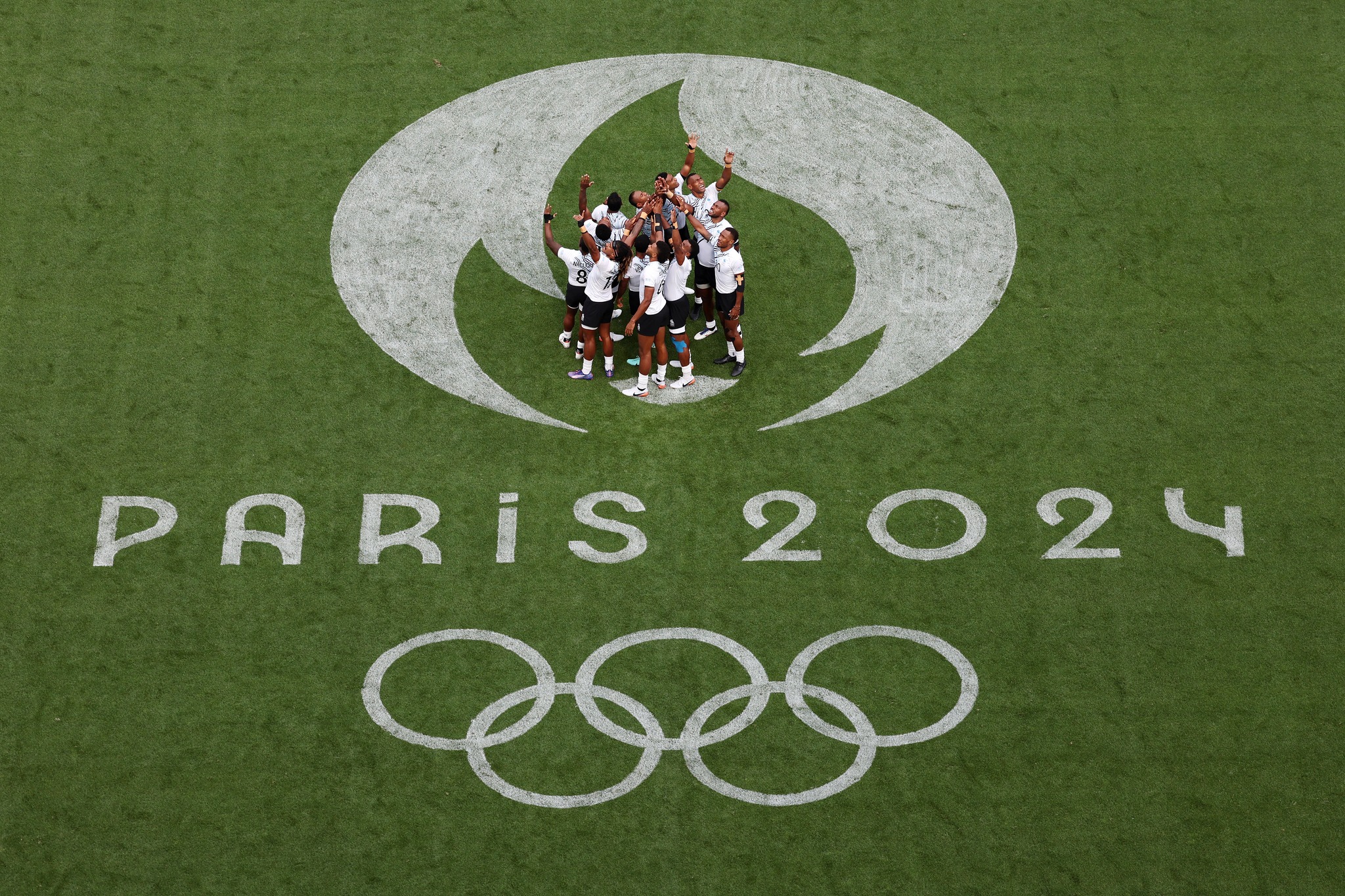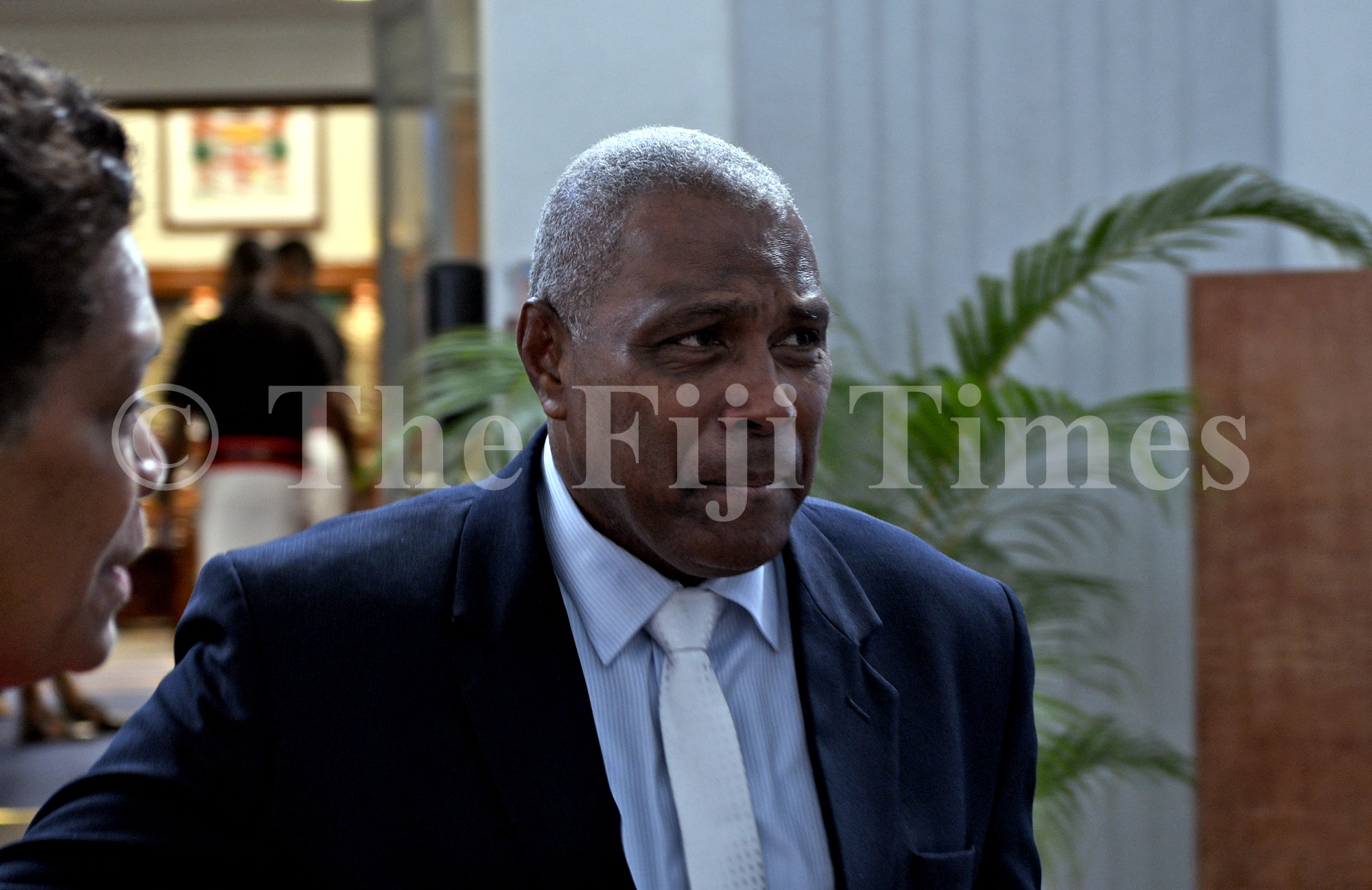Pacific trade ministers collectively took their concerns to the World Trade Organization (WTO) director-general Ngozi Okonjo-Iweala on Thursday for what they believed are shortcomings in the Fisheries Subsidy Agreement (Fish 2) currently under negotiation at the 13th WTO Ministers Conference (MC13) in Abu Dhabi, UAE.
The meeting also included the chair of the fisheries subsidies agreement, Ambassador Einar Gunnarsson of Iceland.
The Pacific delegation, led by Deputy Prime Minister and Minister for Trade Manoa Kamikamica “conveyed their grave concerns that the current text of the fisheries subsidies agreement falls short in addressing the crucial issues of overcapacity and overfishing”, according to a statement from the Ministry of Trade, Co-operatives, SMEs and Communications.
Without such measures, Mr Kamikamica said the negotiations would be deemed unsuccessful.
“This agreement would permanently lock in an industrial structure that prevents the Pacific from utilising its own resources,” he said.
He added the agreement “disproportionately penalises Pacific states that responsibly manage their fisheries resources.”
Pacific Island countries have been calling on the world’s biggest subsidisers to halt subsidies to overcapacity and overfishing, and to pledge to lower bad subsidies in future, this week.
“What our Pacific Island nations want this week is fair. We urge the top subsidising WTO members to freeze their subsidies at current levels and cut them in the future. We are concerned that over-exploiting one’s own waters should not, through subsidies, become a license to over-exploit Pacific waters,” Mr Kamikamica said.
He noted the growing support from other like-minded countries to tackle the problem.
“More and more countries are coming behind our proposal and we must take the time now to listen and do what is necessary for the health of our oceans, as too much is at stake.”
The Pacific delegation includes Vanuatu’s Deputy Prime Minister Matai Seremaiah, and Trade Ministers from Papua New Guinea, Samoa, and Tonga, and senior officials from the Solomon Islands.
On Thursday, Mr Kamikamica told Pacific journalists that the Pacific camp “is fighting hard to get the WTO to listen to the voice of the Pacific”, saying the world’s big fishery subsidisers have been influencing a lot of the negotiations and protecting the interest of their big fishing companies.
The Pacific ministers also proposed a clause targeting the ending of subsidies which it said are aimed solely at facilitating distant water fishing. This, the group said, aligned with the mandate set forth in the UN Sustainable Development Goals 14.6.
“As stewards of the largest ocean and healthiest tuna stocks, the Pacific underscored that the outcome of these negotiations will significantly impact the global fisheries industry and the livelihoods of countless communities,” Mr Kamikamica said.
The Pacific urged all WTO members to reaffirm their commitment to safeguarding global fisheries for the benefit of present and future generations.
According to WTO, around 260 million people currently depend directly or indirectly on marine fisheries for their livelihoods, putting pressure on fish stock worldwide.
“It is estimated that at least 34 per cent of global stocks are overfished compared with 10 per cent in 1974, meaning they are being exploited so quickly that the fish population cannot replenish itself,” it said.
“Government funding – currently estimated at $US35billion ($F78.6b) per year globally, of which some $US22 billion ($F49.4b) increases the capacity to fish unsustainably – continues to aggravate this dire situation by enabling many fishing fleets to operate longer and farther at sea than they otherwise could, to the detriment of marine life.”
The top five biggest subsidisers in the world’s fishing industry are China, European Union, USA, Republic of Korea and Japan.






